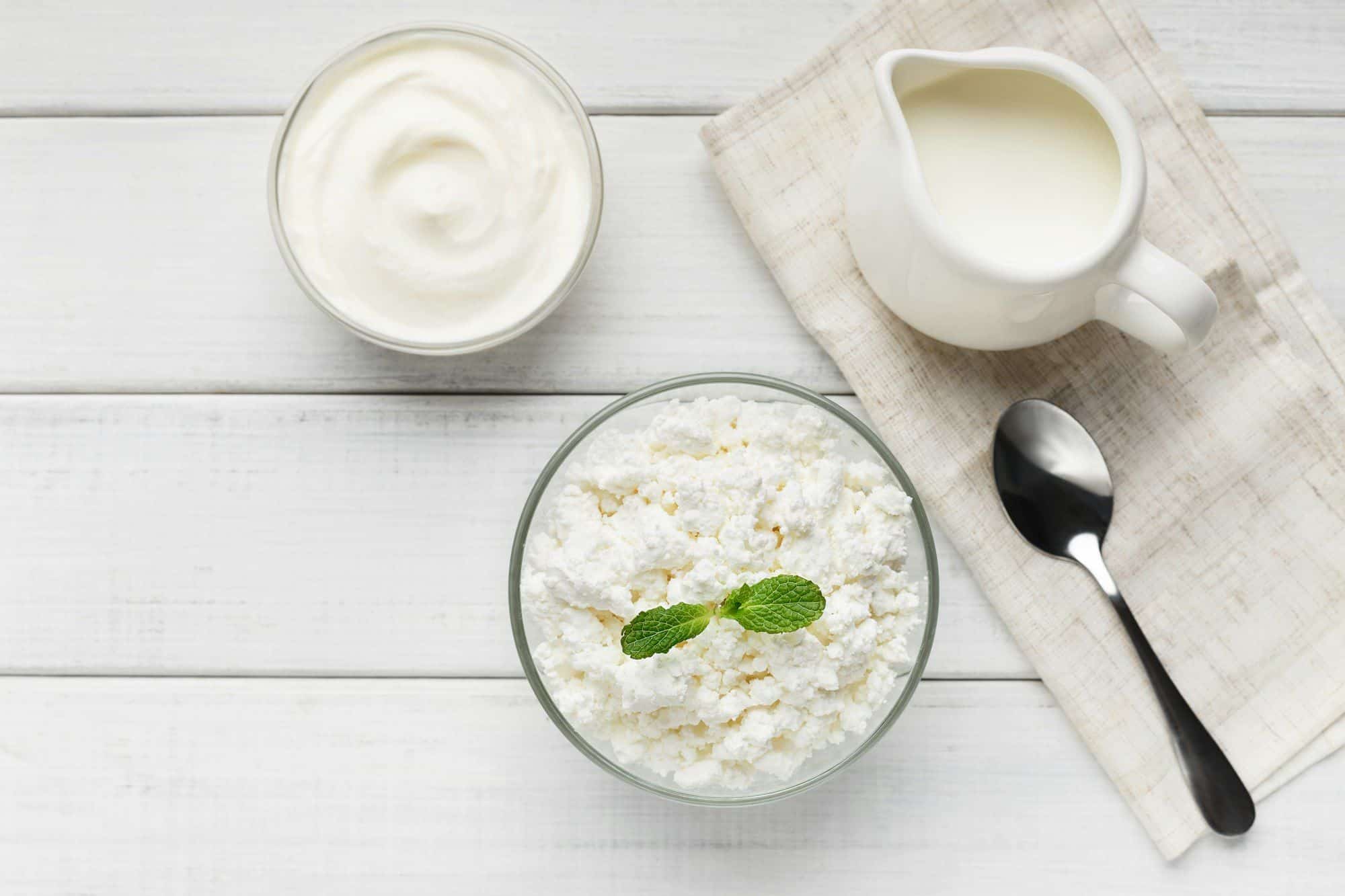Navigating Fish Choices in Pregnancy: The Latest Guidelines for Optimal Nutrition and Mercury Safety
When it comes to pregnancy, making the right dietary choices is crucial for both the mother's health and the development of the baby. One of the most confusing and critical areas of nutrition during pregnancy is the consumption of fish and seafood. Here, we will delve into the latest guidelines and provide you with a comprehensive guide on how to navigate fish choices safely and healthily.
Understanding the Importance of Fish in Pregnancy
Fish and seafood are rich in essential nutrients such as protein, omega-3 fatty acids, and various vitamins and minerals. These nutrients are vital for the baby's brain and eye development, as well as the mother's overall health.
In the same genre : Optimal Ergonomic Seating Solutions for Pregnant Women in UK Workspaces: Elevate Comfort and Support
Omega-3 Fatty Acids: A Key Nutrient
Omega-3 fatty acids, particularly DHA (docosahexaenoic acid) and EPA (eicosapentaenoic acid), are crucial for fetal brain and eye development. According to the Royal Australian and New Zealand College of Obstetricians and Gynaecologists (RANZCOG), women who eat very little seafood should consider taking an omega-3 dietary supplement, which can be obtained from fish oil or commercially available pregnancy supplements.
Health Benefits for Mothers
Eating fish during pregnancy can also have significant health benefits for the mother. Omega-3 fatty acids can help reduce the risk of premature birth and have a positive impact on birth weight. Additionally, these fatty acids can reduce the effectiveness of hormones that cause premature birth, thereby prolonging pregnancy.
In parallel : Top Recommended Pregnancy Health Tracking Apps by UK Health Experts: Your Ultimate Guide
The Mercury Risk: What Pregnant Women Need to Know
While fish is a nutritious addition to a pregnant woman's diet, it also poses a risk due to mercury contamination. Mercury, especially methylmercury, is a potent neurotoxin that can cross the placenta and affect fetal neurodevelopment.
High Mercury Fish to Avoid
Pregnant women should avoid fish with high mercury levels. Here are some of the fish that fall into this category:
- Swordfish
- Shark
- Tilefish
- King Mackerel
- Raw fish like sushi and sashimi (especially if they contain high-mercury fish).
Low Mercury Fish: Safe Options
On the other hand, there are many fish that are low in mercury and safe to eat during pregnancy. Here are some examples:
- Salmon
- Pollock
- Light Canned Tuna (not albacore or yellowfin)
- Catfish
- Shrimp
- Trout
These fish can be consumed regularly, but it's important to vary your choices to minimize exposure to any potential contaminants.
Guidelines for Safe Fish Consumption
To ensure safe fish consumption during pregnancy, here are some guidelines to follow:
Weekly Consumption Limits
The FDA and EPA recommend that pregnant women eat 8 to 12 ounces (about 2 to 3 servings) of fish per week. Here’s a breakdown of what that looks like:
| Fish Type | Serving Size | Mercury Level |
|---|---|---|
| Salmon | 6 ounces | Low |
| Pollock | 6 ounces | Low |
| Light Canned Tuna | 6 ounces | Low |
| Shark | Avoid | High |
| Swordfish | Avoid | High |
| Tilefish | Avoid | High |
Choosing the Right Fish
When choosing fish, opt for varieties that are low in mercury and high in omega-3 fatty acids. Here are some tips:
- Check Local Advisories: If you are eating fish caught locally, check for any advisories about the safety of the fish.
- Buy from Reputable Sources: Ensure that the fish you buy is from a reputable source, such as a well-regarded fish market or a trusted restaurant.
- Avoid Raw or Undercooked Fish: While some raw fish like sushi can be safe if it is from a low-mercury fish and handled properly, it's generally safer to avoid raw or undercooked fish to minimize the risk of foodborne illnesses.
Additional Foods to Avoid During Pregnancy
In addition to high-mercury fish, there are other foods that pregnant women should avoid to ensure a healthy pregnancy.
Foods That Pose a Risk of Foodborne Illnesses
Here are some foods that can pose a risk of foodborne illnesses:
- Raw or Undercooked Meats: Avoid raw or undercooked meats, poultry, and seafood to prevent infections like E. coli, Campylobacter, salmonella, and Toxoplasma gondii.
- Unpasteurized Dairy Products: Avoid unpasteurized milk, cheese, and other dairy products that may contain Listeria, Salmonella, or other harmful bacteria.
- Raw Eggs: Raw eggs can contain Salmonella and should be avoided.
- Raw Sprouts: Raw sprouts can contain E. coli and Salmonella.
- Cold Cuts and Hot Dogs: These can be a host for Listeria bacteria.
Practical Tips for Eating Fish Safely During Pregnancy
Here are some practical tips to help you navigate fish choices safely:
Vary Your Fish Intake
Varying your fish intake can help minimize exposure to any single contaminant. For example, if you eat salmon one week, try pollock or light canned tuna the next.
Check Mercury Levels
Use resources like the Environmental Working Group (EWG) or the FDA's fish advisory to check the mercury levels in different types of fish.
Cook Fish Properly
Always cook fish to the recommended internal temperature to ensure food safety.
Avoid Overconsumption
While fish is nutritious, overconsumption can lead to high mercury levels. Stick to the recommended weekly limits.
Real-Life Scenarios and Advice from Experts
Eating Sushi During Pregnancy
For many pregnant women, the craving for sushi can be strong. Here’s what experts advise:
-
"My doctor told me that sushi is safe with some exceptions. She said to stay away from high mercury fish like tuna and swordfish but other sushi is okay. But to go to the nice places, no grocery store sushi," says a pregnant woman on Reddit.
-
"Avoid high mercury seafood like eel and ensure the sushi is from a reputable place that doesn’t have fish out of the deep freeze for more than a day to serve it," advises another pregnant woman.
Navigating fish choices during pregnancy can seem daunting, but with the right guidelines and knowledge, it can be done safely and healthily. Remember to choose low-mercury fish, vary your intake, and avoid high-risk foods to ensure optimal nutrition for both you and your baby.
Key Takeaways
- Eat 8 to 12 ounces of fish per week, focusing on low-mercury varieties.
- Avoid high-mercury fish like swordfish, shark, and tilefish.
- Choose reputable sources for your fish and seafood.
- Cook fish properly to ensure food safety.
- Vary your fish intake to minimize exposure to contaminants.
By following these guidelines, pregnant women can enjoy the health benefits of fish while minimizing the risks associated with mercury exposure. Happy and healthy eating











